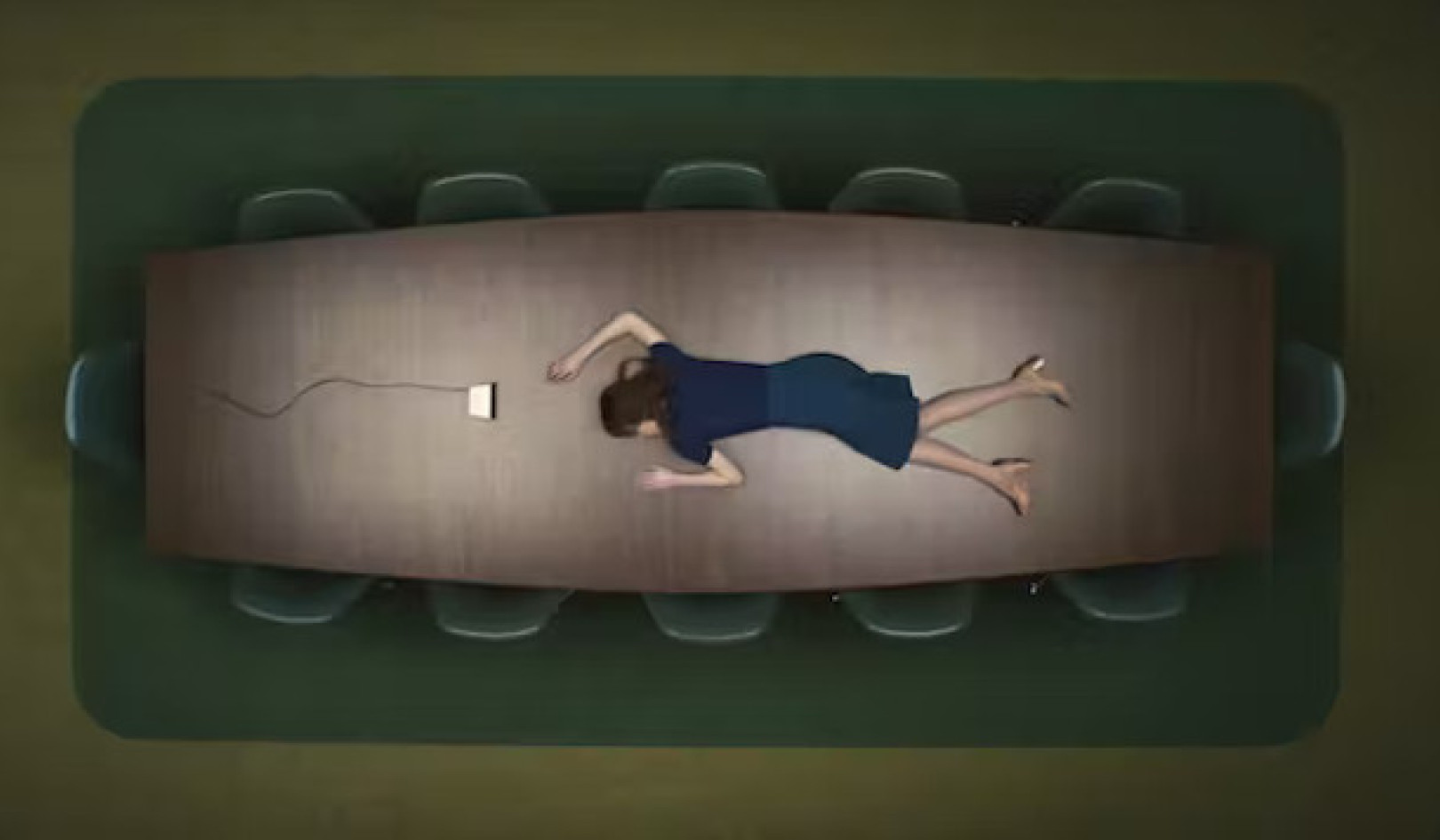
Listening to certain songs can trigger some pretty intense memories. Pexels/Andrea Piacquadio
You’re walking down a busy street on your way to work. You pass a busker playing a song you haven’t heard in years. Now suddenly, instead of noticing all the goings on in the city around you, you’re mentally reliving the first time you heard the song. Hearing that piece of music takes you right back to where you were, who you were with and the feelings associated with that memory.
This experience – when music brings back memories of events, people and places from our past – is known as a music-evoked autobiographical memory. And it’s a common experience.
It often occurs as an involuntary memory. That is, we make no effort to try to recall such memories, they just come to mind spontaneously.
Research has recently begun to uncover why music appears to be such a good cue for invoking memories. First, music tends to accompany many distinctive life events, such as proms, graduations, weddings and funerals, so it can play an important role in reconnecting us with these self-defining moments.
Music also often captures our attention, due to the way it affects our minds, bodies and emotions.
When music draws our attention, this increases the likelihood that it will be encoded in memory together with details of a life event. And this then means it is able to serve as an effective cue for remembering this event years later.
Positive memories
In recent research my colleague and I found that the emotional nature of a piece of music is an important factor in how it serves as a memory cue.
We compared music with other emotional memory cues that had been rated by a large group of participants as conveying the same emotional expression as the music excerpts we used. This included comparing music with “emotional sounds”, such as nature and factory noises and “emotional words”, such as “money” and “tornado”.
When compared with these emotionally matched cues, the music didn’t elicit any more memories than the words. But what we did find was that music evoked more consistently positive memories than other emotional sounds and words. This was especially the case for negative emotional stimuli. Specifically, sad and angry music evoked more positive memories than sad and angry sounds or words.
It seems then that music appears to have the ability to reconnect us with emotionally positive moments from our pasts. This suggests that using music therapeutically may be particularly fruitful.
How and when
The familiarity of a piece of music also, perhaps unsurprisingly, plays a role. In another recent study, we found that more familiar music evokes more memories and brings memories to mind more spontaneously.
So part of the reason music may be a more effective cue for memories than, for instance, our favourite film or favourite book, is that we typically reengage with songs more often over our lifetimes compared to films, books or TV shows.
The situations when we listen to music may also play a role. Previous research shows that involuntary memories are more likely to come back during activities where our mind is free to wander to thoughts about our past. These activities tend to be non-demanding in terms of our attention and include things like commuting, travelling, housework and relaxing.
These types of activities align almost perfectly with those recorded in another study where we asked participants to keep a diary and note when music evoked a memory, along with what they were doing at the time it happened. We found that daily activities that often go hand in hand with listening to music – such as travelling, doing chores or going for a run – tend to lead to more involuntary memories in the first place.
This contrasts with other hobbies, such as watching TV, which can require our mind to be more focused on the activity at hand and so less likely to wander to scenarios from our past.
It seems then that music is not only good at evoking memories but also the times when we are more likely to listen to music are the times when our minds may naturally be more likely to wander anyway.
Music is also present during many life events that are distinctive, emotional or self-defining – and these types of memories tend to be more easily recalled.
Indeed, the power of music to connect us with our past shows how music, memories and emotions are all linked – and it seems certain songs can act as a direct line to our younger selves.![]()
About The Author
Kelly Jakubowski, Assistant Professor in Music Psychology, Durham University
This article is republished from The Conversation under a Creative Commons license. Read the original article.

Books Improving Attitude and Behavior from Amazon's Best Sellers list
"Atomic Habits: An Easy & Proven Way to Build Good Habits & Break Bad Ones"
by James Clear
In this book, James Clear presents a comprehensive guide to building good habits and breaking bad ones. The book includes practical advice and strategies for creating lasting behavior change, based on the latest research in psychology and neuroscience.
Click for more info or to order
"Unf*ck Your Brain: Using Science to Get Over Anxiety, Depression, Anger, Freak-Outs, and Triggers"
by Faith G. Harper, PhD, LPC-S, ACS, ACN
In this book, Dr. Faith Harper offers a guide to understanding and managing common emotional and behavioral issues, including anxiety, depression, and anger. The book includes information on the science behind these issues, as well as practical advice and exercises for coping and healing.
Click for more info or to order
"The Power of Habit: Why We Do What We Do in Life and Business"
by Charles Duhigg
In this book, Charles Duhigg explores the science of habit formation and how habits impact our lives, both personally and professionally. The book includes stories of individuals and organizations who have successfully changed their habits, as well as practical advice for creating lasting behavior change.
Click for more info or to order
"Tiny Habits: The Small Changes That Change Everything"
by BJ Fogg
In this book, BJ Fogg presents a guide to creating lasting behavior change through small, incremental habits. The book includes practical advice and strategies for identifying and implementing tiny habits that can lead to big changes over time.
Click for more info or to order
"The 5 AM Club: Own Your Morning, Elevate Your Life"
by Robin Sharma
In this book, Robin Sharma presents a guide to maximizing your productivity and potential by starting your day early. The book includes practical advice and strategies for creating a morning routine that supports your goals and values, as well as inspiring stories of individuals who have transformed their lives through early rising.






















